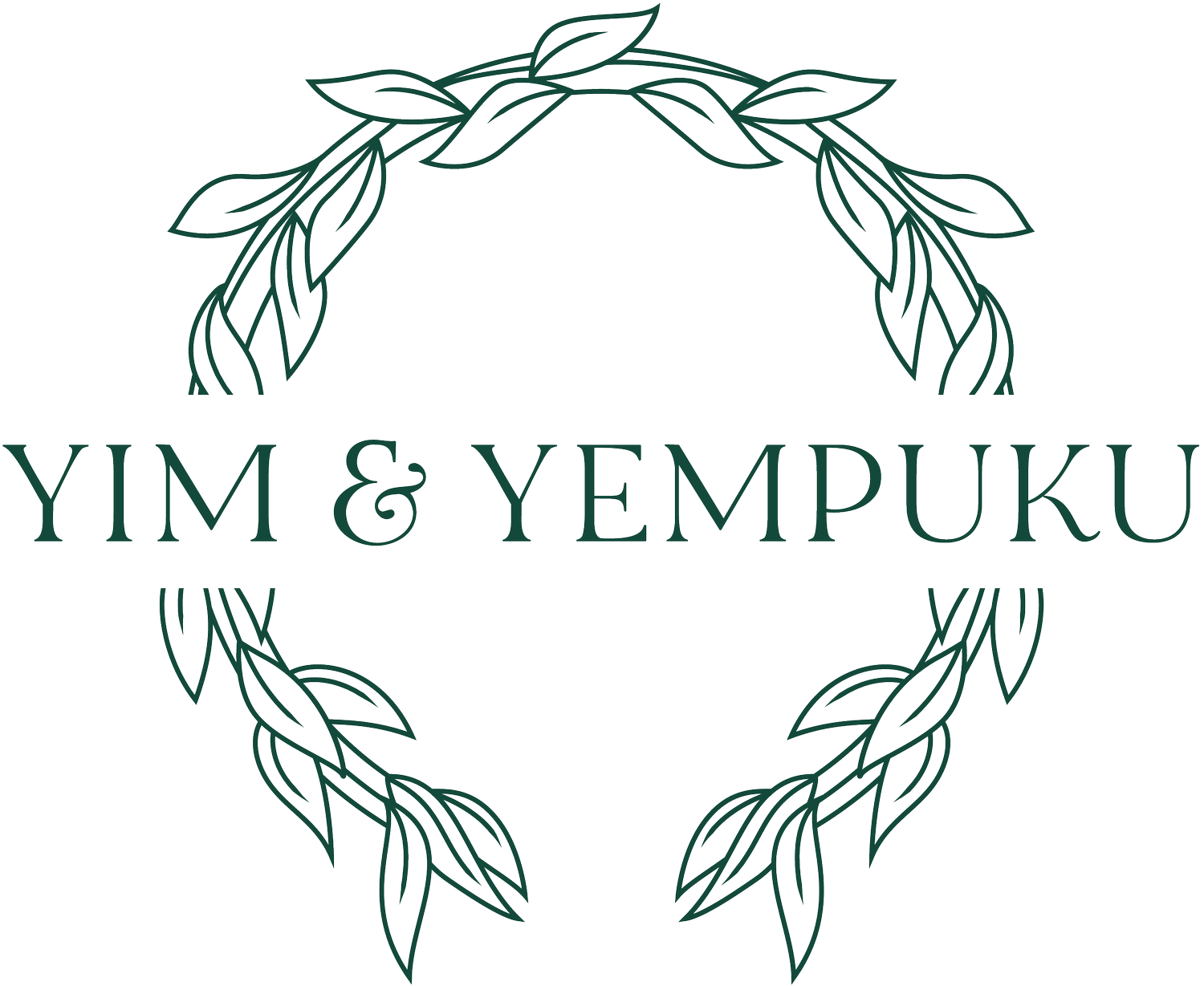The Estate Tax: The Good News and the Bad News
On July 4, 2025, the “Opportunity for Building Better and Balanced America Act of 2025” (OBBBA 2025) was signed into law. This new legislation permanently increased the lifetime exclusion amount that any U.S. citizen or resident can use to shelter gifted assets or assets passed at death from federal gift or estate tax. Beginning in 2026, the estate and gift tax exclusion will be $15,000,000 per U.S. citizen or resident.
The enactment of this law alleviates many concerns, as the exclusion was previously set to drop to $5,000,000 (plus inflation adjustments) in 2026.
Of course, the word “permanent” in tax law should always be taken with a grain of salt—laws can and do change with new administrations. However, it’s important to consider why the federal estate tax exclusion may be unlikely to decrease:
Historical Trends: In the past 100 years, the exclusion amount has only increased. In recent decades alone, it rose from $600,000 in the 1980s to $1 million, then to $1.5 million, $2 million, $3.5 million, $5 million, and now to $15 million.
Congressional Interests: Members of Congress, who control changes to the tax code, are often themselves among the wealthiest Americans. Would they pass legislation that significantly reduces their own estate planning benefits? It seems unlikely.
Public Opinion: The estate tax remains deeply unpopular. When political strategist Frank Luntz helped President George W. Bush rebrand it as “The Death Tax,” public perception shifted dramatically. As many asked: “How can we expect families to visit both the gravedigger and the taxman at the same time?”
That’s the good news.
Now, the bad news—Hawai‘i’s estate tax exclusion remains just $5,490,000 per person, with rates as high as 20%. It's not difficult to see how some Hawai‘i residents can reach this threshold, especially when factoring in the value of a family home, inheritances, life insurance proceeds, retirement accounts, investments, and savings.
As a result, our estate tax planning efforts should now focus more on minimizing the State of Hawai‘i estate tax.
One key takeaway: file an estate tax return when the first spouse passes away to “port” the unused exclusion to the surviving spouse. This strategy can potentially double the amount that can pass estate tax-free under Hawai‘i law. Unfortunately, many law firms and CPAs either lack the experience or overlook this crucial step, resulting in missed opportunities for significant estate tax savings.
At Yim and Yempuku, AAL, we assist our clients in preparing and filing estate tax returns specifically to port the unused estate tax exclusion to the surviving spouse. This strategy can effectively double the amount the family may pass on free of Hawai‘i estate tax—helping to preserve wealth for future generations.
If you have questions about how the new federal or Hawai‘i estate tax rules impact your client’s planning, we’re here to help. Contact us, or encourage your clients to contact us to schedule a consultation and ensure the estate plan takes full advantage of all available exemptions.
- Stephen B. Yim, Esq.

